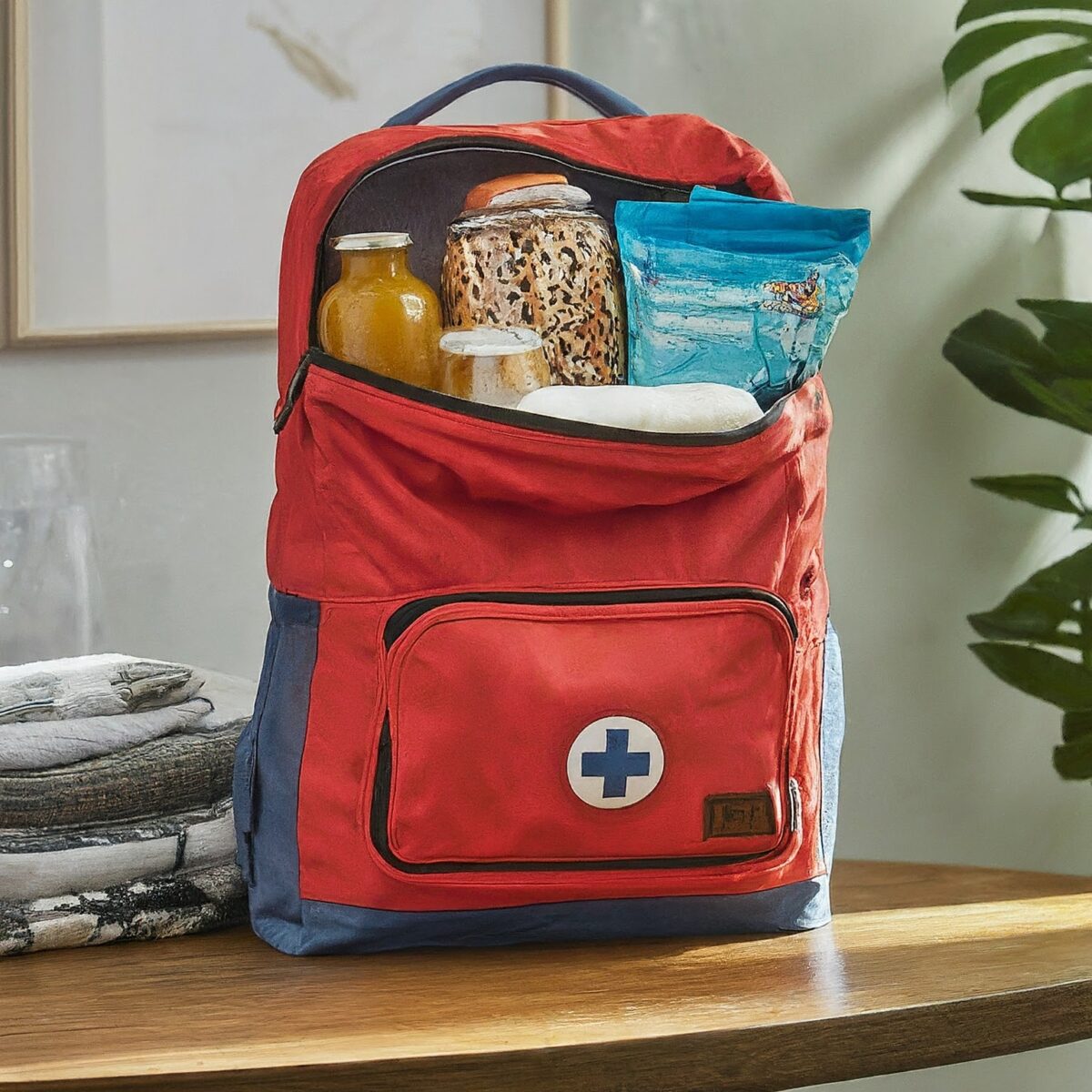Disasters can strike at any time, whether it’s a natural event, a power outage, or an unexpected crisis. That’s why emergency planning is essential for minimizing damage and ensuring your safety.
Why Is Emergency Planning Crucial?
- Protects lives: A well-thought-out plan helps you make informed decisions quickly in a chaotic situation.
- Reduces stress: Being prepared can lessen the fear and anxiety associated with emergencies.
- Minimizes damage: Knowing how to act fast can help prevent injuries and property loss.
Key Elements of an Effective Emergency Plan
- Identify potential hazards: What risks are most likely in your area (flooding, storms, wildfires, etc.)?
- Create a communication plan: How will you stay connected with family or roommates if separated? Have a designated out-of-area contact for everyone to check in with.
- Assemble an emergency kit: Include essentials like:
- First-aid supplies
- Non-perishable food and water (3 days worth)
- Medications
- Flashlight and batteries
- Copies of important documents
- Establish meeting places: Choose safe locations everyone in your household knows in case you can’t return home, or get separated in the neighborhood.
- Practice your plan: Conduct drills so everyone knows what to do in an actual emergency.
Additional Tips
- Pet preparedness: Don’t forget to include plans for your furry companions!
- Special needs: If anyone in your household has additional requirements, make accommodations in your plan.
- Elderly or disabled neighbors: Check if they need help developing their own plan.
Be Prepared, Not Scared
An emergency can be a stressful experience, but having a plan gives you control and a sense of security. Spend some time developing a plan for your household or business. You’ll be glad you did.

